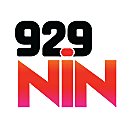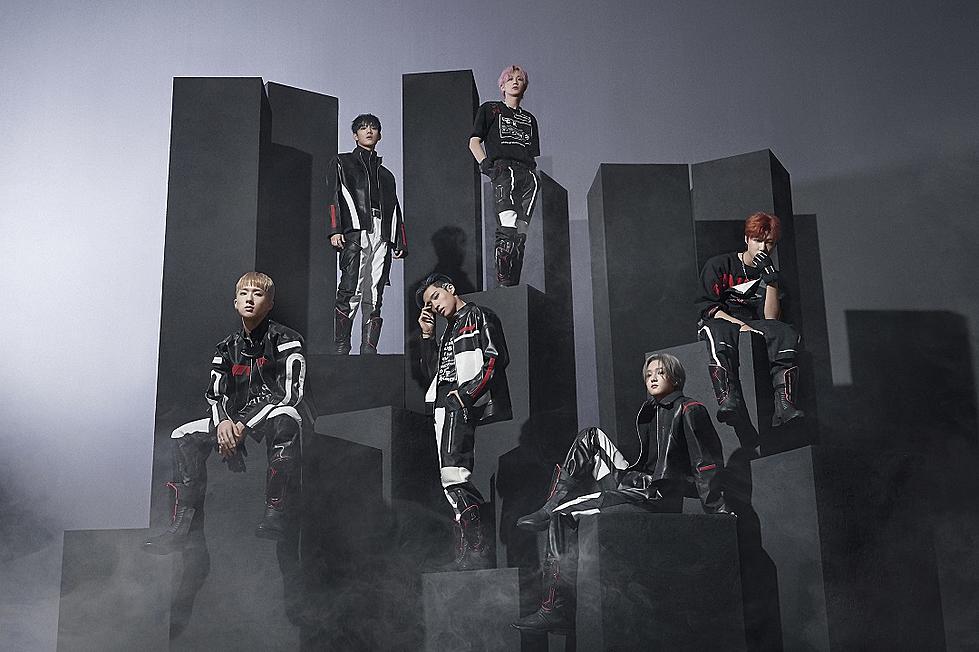
P1Harmony’s Keeho Addresses ‘Responsibility’ to Consider Cultural Appropriation in K-Pop
P1ece K-pop stans are proud of P1Harmony's leader Keeho after the group's appearance on the Zach Sang Show, during which Keeho addressed the issue of cultural appropriation in K-pop head-on.
"Is that on your mind — cultural appropriation — while you're creating? While you're coming up with your look? While you're sharing your story with the world?" Sang asked.
"Of course, of course, of course. I believe it's a responsibility," Keeho shared in response.
Historically, the K-pop industry has been criticized for cultural appropriation and the controversial use of AAVE. Many of the concepts, styles and music genres that K-pop groups and artists draw from are rooted in other cultures, especially Black hip-hop, R&B and rap.
A 2020 exploration of racial insensitivity in K-pop published by Dazed highlighted the industry's most notorious instances of racism and cultural appropriation, including some of K-pop's most recognizable artists, such as G-Dragon, EXO's Kai and MAMAMOO. Even the most globally massive act such as Blackpink and BTS haven't been immune to some level of cultural appropriation.
While many groups and artists, including some of the acts above, have apologized and worked on educating themselves, there is still a great deal of disconnect on the topic in K-pop.
"If you're gonna have a big platform, you need to be able to respect and appreciate all cultures without appropriating them," Keeho added in the interview.
He continued: "Whenever it comes to our styling, or like, you know, our music, or whatever ... it's always a sensitive topic that we always have to think once, three times, four times about."
One aspect of cultural appropriation that gets discussed even less than more blatant issues is the use of AAVE, which Keeho also made sure to mention.
"The language itself ... like obviously there's like, AAVE and a whole bunch of other cultural stuff that's like, you know... is very sensitive and so we need to respect that," he said.
Watch the full interview below:
The interview grabbed the attention of K-pop fans online.
Many P1ece praised Keeho for addressing the topic, as it often goes unacknowledged.
"Hearing Keeho talking [about] this is so refreshing after how many YEARS of other groups completely ignoring cultural appropriation situations that affect the people they’re trying to market to," one fan tweeted.
On the other hand, some fans also called out "antis" for "dragging" Keeho for doing "the bare minimum."
"Keeho is the first idol I’ve seen openly talking about CA without tiptoeing around the subject & ppl are STILL sh---ing on him? like yes it’s the bare minimum but 1) how often do we actually see that in [K-pop] & 2) maybe u should reevaluate why ur getting so pressed over this," another fan shared.
While Keeho's remarks may be "the bare minimum" that K-pop idols can do to confront cultural appropriation in their industry, it is still a very important step in the direction of growth.
Check out more reactions to Keeho's words from P1ece and other K-pop stans, below:


